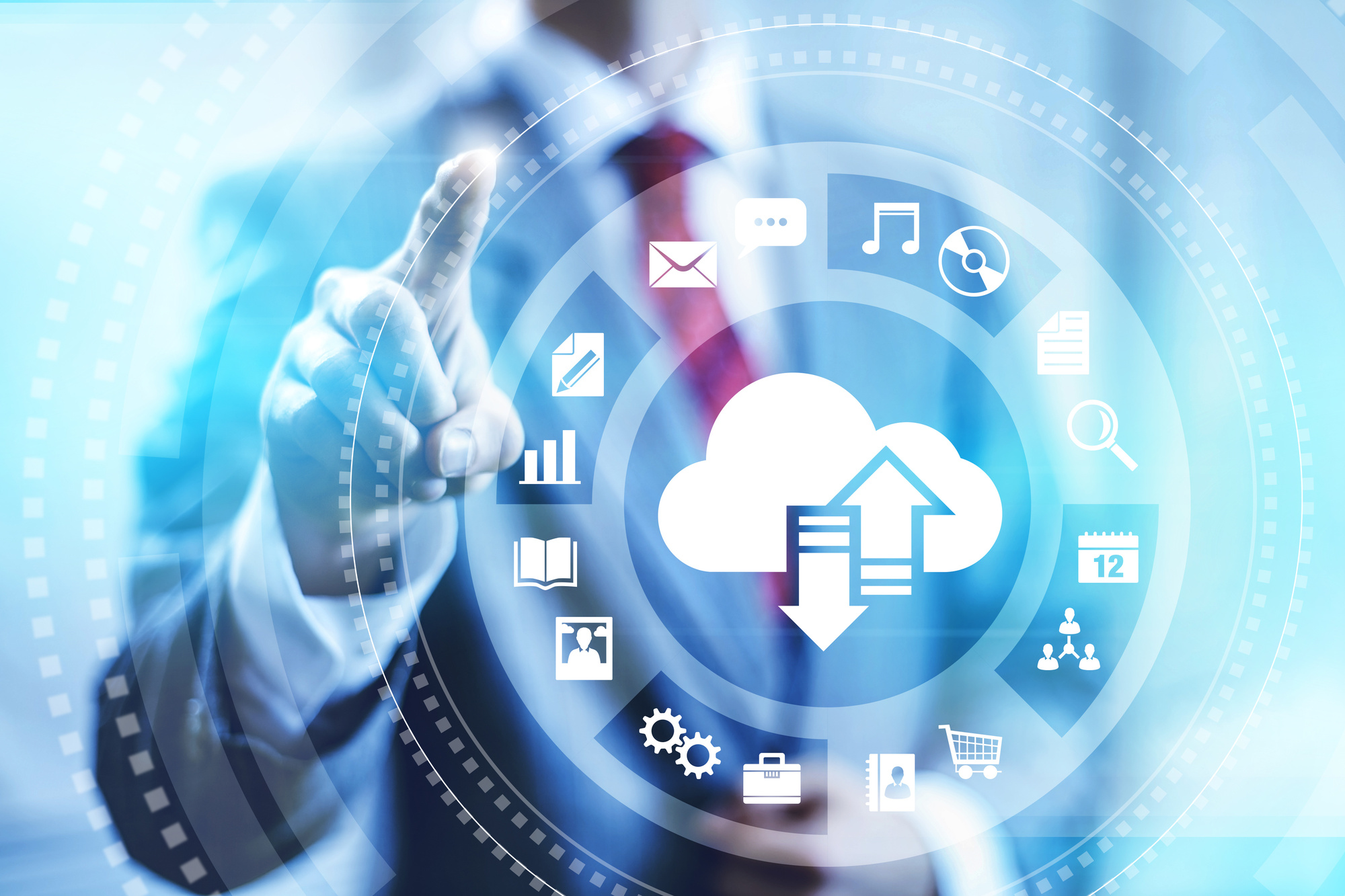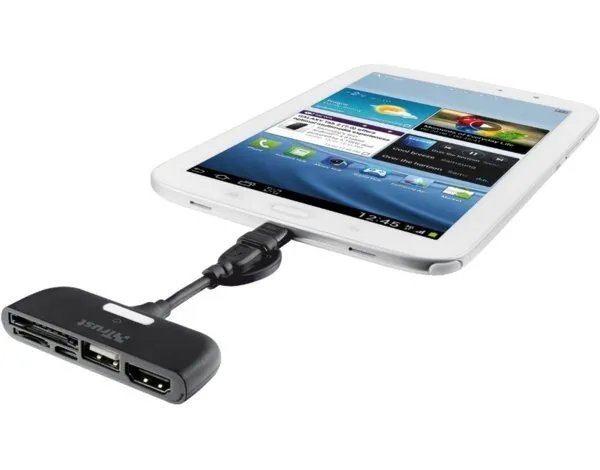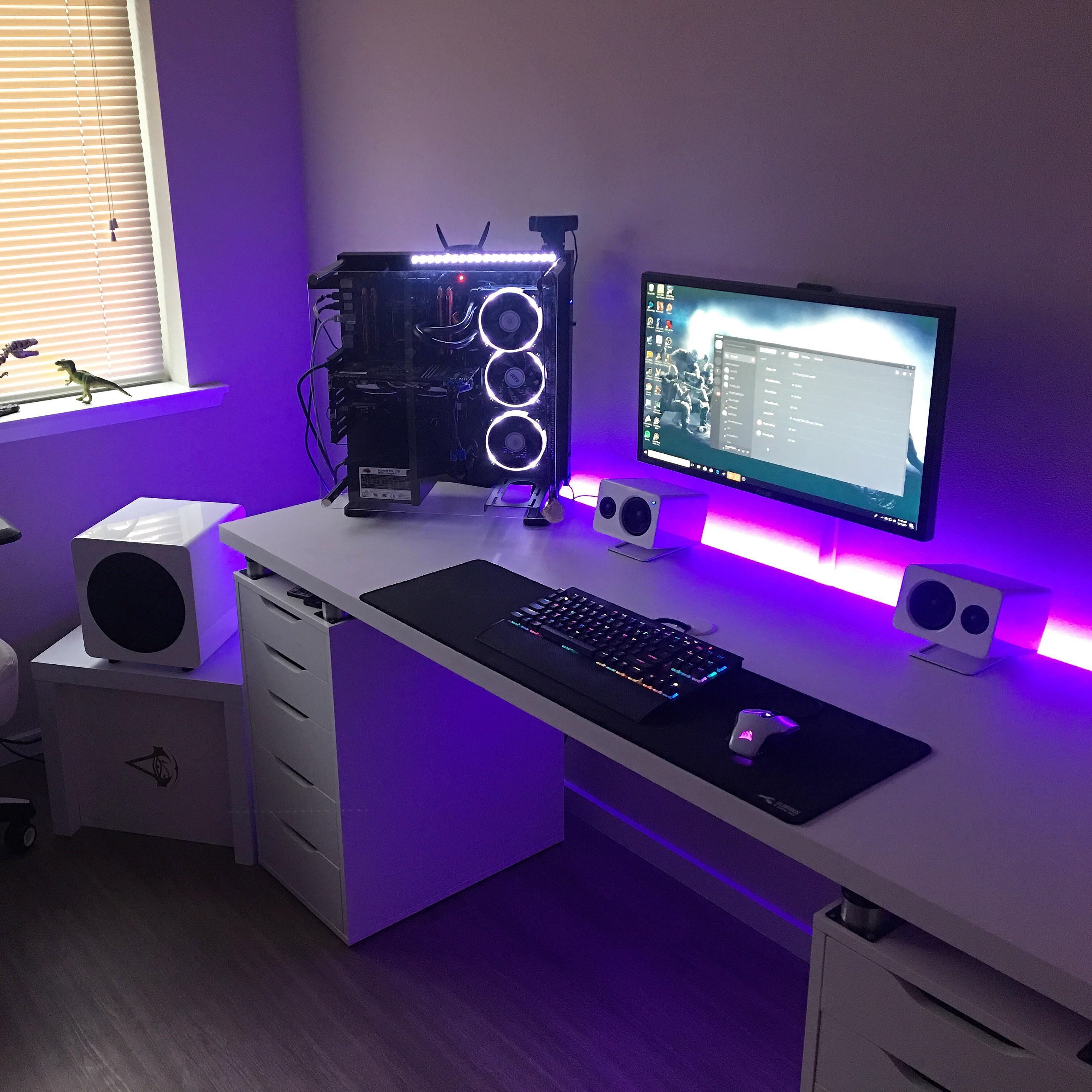For years, the desktop computer has been but a shell of its former dominant self. The world went mobile, and that gray box that your co-workers used to call ‘the hard drive’ seemed destined for an obscure life – if a stable one.
After all, it was still going to be used by gamers, programmers, media buffs and others who wanted the power and ease that comes with a powerful computer, a big screen and desk and chair.
But recently, we have two more pieces of news that make one wonder: what is the future of the desktop computer, if it has one at all? The first was the iPad sales are now at 11% of the PC market, a figure that is astounding given its very recent arrival. And the second is more obvious: that OS X Lion represents the first step toward melding iOS and OS X.
So is it possible that the desktop is obsolete? Or is that a baseless exaggeration? Let’s look at the ‘yays and nays’ on the future of the desktop.
Here are two reasons the desktop may be obsolete.
The cloud
Power and storage. Those are the reasons that I have always liked desktops.
But the increasing presence of the cloud may change this. The storage question is obvious. As space in the cloud becomes cheaper and more ubiquitous, the need for terabyte hard drives will be less necessary. And at the point at which almost limitless storage might cost <$100 a year, spending a few hundred (or even thousand) dollars on a desktop may seem less appealing.
But what’s more, it’s also possible that in 10 to 20 years from now, when internet speeds are much faster, we could also put our computing power in the cloud and access it remotely. Instead of crunching video on your own computer, you would simply do so through a cloud app. Even games seem to have a future in the cloud with services like OnLive.
The cloud represents a serious threat to fixed, physical computing because both power and storage may no longer need physical boxes in our home.
The tablet
The tablet in its current form is, of course, no replacement for a full computer.
But imagine five years from now, when tablet CPUs will be more powerful than an Intel i7, will have 256GB or more of flash storage and will have an HDMI out and USB/Thunderbolt ports.
Is it not plausible that all your computing could be done either on a tablet or a ‘docked tablet’ that plugs into a large monitor, keyboard, mouse – perhaps even wirelessly? Would we still need to have differing pieces of hardware when one small device might, in conjunction with the cloud and accessories, be powerful enough to handle all our computing and ergonomic needs?
But! These are just guesses about the future. There are also reasons that the desktop might stick around. Here are three reasons that desktops may need to stick around.
Privacy
If the cloud represents a threat to fixed computing, individual computers still have an advantage: privacy. What you keep on your own computer is much harder for people to access than what you have in the cloud. So privacy is still one major benefit desktops have over other forms of computers – even laptops, which are much more prone to be lost or stolen.
Gaming
It’s true that OnLive might be the future of gaming for some, but serious gamers will likely always want the immediacy and performance of a fixed computer. The issue is whether or not a desktop is required, or if an all-in-one like a tablet that connects to wireless controllers and a TV, would be a better long-term solution.
Bandwidth
If the cloud is one of the reasons the desktop might fade, we’d have to consider whether current internet service is on the right track. The answer, I think, is no. With speeds not climbing very quickly (in North America) and bandwidth caps becoming the norm, the cloud may be drastically delayed by either a lack of infrastructure or self-interested practices on the part of ISPs.
What do you think? Do you think the desktop could be replaced by the cloud and powerful, adaptable mobile computing? Or will there always be a place for desktops?






Bullshit. Desktops are and will be perfectly fine. Give me internet connection with the speed and latency of thunderbolt connection then I will reconsider. I am afraid it is not going to happen in the next 100 years.
Direct to home fiber optic connections are already here, and a fiber optic connection shits on thunderbolts speed. Its not going to happen in 10 years but most certainly not in a 100 either. The technology is already here, its commonly used for servers and powerful video editing desktops that already have a fiber connection directly to them instead of your usual ethernet.
It will make things cool and interesting
all in cloud no need to spend on storage, CMS, and other things just cloud it 🙂
the post makes sense and possibly become live soon 🙂
Physics will always work against systems like OnLive. What part of that system makes sense, anyway? Even if super fast fiber becomes ubiquitous, and even if the network between you and their server has super-low latency and doesn’t experience congestion problems, you’re still viewing a compressed video stream, you still have latency issues, and you’re still paying for the right to play a game, which you lose when you cancel the service.
It’s a neat idea, and I’m sure someone thought they were being clever when they thought, “Oh, hey, I have the perfect way to get PC games on tablets!” but with storage space and computational power increasing on those devices, too, what’s going to be the point? Take a cue from, say, Google or Apple, look toward getting NaCl in everything, target LLVM bytecode, and sell apps. Viola, no need for a constant subscription or some magical future ultra high-speed wireless.
And that’s how I feel about cloud apps as well. Why, oh why, are we moving to this notion of running apps on someone else’s server? Do managers, when faced with saving money somewhere, just completely forget all the various break-ins, even in recent memory, caused by even big companies like Google taking a cavalier attitude toward security? Really?
Better, IMHO, to be looking to companies like Apple, Google, and Microsoft to come up with serious computing platforms for these portable devices, and services that make “cloud computing” more local. Services like app stores, Dropbox, and even Steam come to mind; keep my data local, and let me opt in to ubiquitous file sharing.